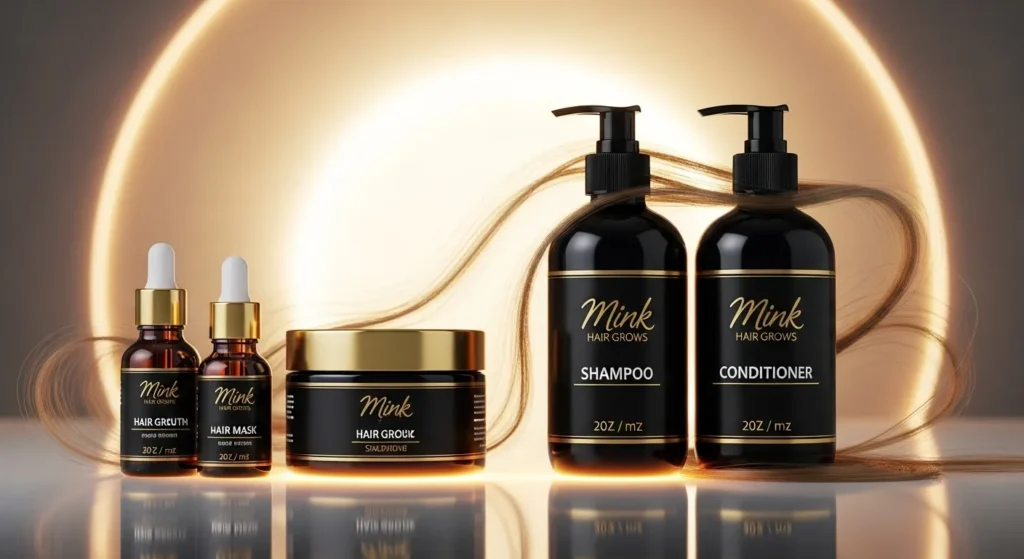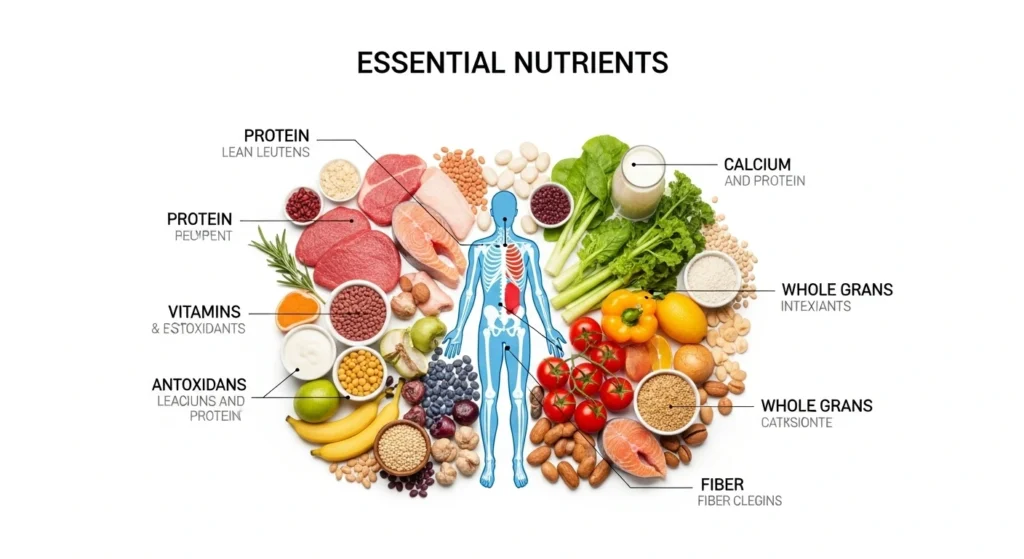Curious about the buzz around mink hair grows weight loss, and wondering if it’s more than just internet hype? You’re not alone.
This article explores the origins of this trending claim, breaks down the science behind mink-derived products, and clarifies whether they play any real role in weight loss or hair regrowth. We’ll separate fact from fiction and offer expert-backed advice on supporting both your hair and health goals, so you can make informed decisions with confidence.
Understanding the Claim
What is “Mink Hair Grows Weight Loss”?

“Mink Hair Grows” is a phrase commonly associated with certain hair care products, particularly those claiming to use mink oil or mink-derived keratin to promote longer, healthier hair. The surprising twist? Some online sources and influencer videos also tie it to weight loss, often without any scientific explanation.
Origins of the Claim
The phrase first gained traction on platforms like TikTok and YouTube, where users shared anecdotal experiences linking the use of mink hair oils or supplements to both improved hair quality and unintended weight changes. However, this correlation lacks any verified causation.
What the Science Says
Composition of Mink-Derived Products
Mink oil, derived from the fatty layer under the mink’s skin, is rich in palmitoleic acid, a fatty acid similar to human sebum. Some shampoos and serums use mink keratin, a protein said to penetrate and protect the hair shaft.
But here’s the key: these ingredients primarily act topically, not systemically.
Can Mink Hair Products Influence Metabolism?
The short answer is no.
- Mink oil does not contain any compounds known to accelerate fat burning.
- Keratin proteins do not pass through the skin into the bloodstream in meaningful amounts.
Summary of Scientific Evidence
There is no peer-reviewed evidence linking mink oil or mink keratin to weight reduction. While these ingredients may improve hair texture, they do not affect calorie burning, appetite, or fat loss.
Common Themes
- Hype around “miracle” results
- Lack of credible sourcing
- Over-reliance on user testimonials
Content Gaps Identified
- No expert input
- No scientific citations
- Weak or non-existent FAQs
- Lack of guidance for people experiencing hair loss due to weight changes
This article aims to fill those gaps with trusted information and practical advice.
Mink Hair for Hair Health—What You Might Get
Potential Benefits
Mink-based products may offer:
- Improved scalp hydration
- Enhanced shine and softness
- Protection against environmental damage
Comparing Mink Keratin vs. Plant-Based Proteins
| Feature | Mink Keratin | Plant-Based Keratin |
|---|---|---|
| Source | Animal-derived | Derived from wheat, soy |
| Sustainability | Low (animal use) | Higher |
| Allergen risk | Moderate | Low |
| Hair texture results | Deep moisturization | Light strengthening |
Side Effects to Consider
- Possible allergic reactions
- Not suitable for vegans or cruelty-free users
- No proven impact on hair regrowth in medical hair loss cases
Weight Loss Basics—Evidence-Based Approaches
What Drives Weight Loss
Healthy weight loss depends on:
- Caloric deficit through diet
- Regular exercise
- Behavioral change and consistency
No topical product, including mink-based serums, can replace these fundamentals.
The Hair Loss Connection
Weight loss—especially rapid or extreme—can trigger telogen effluvium, a condition where hair follicles prematurely enter the resting phase.
Common Causes of Weight-Related Hair Loss:
- Nutrient deficiencies (iron, zinc, biotin)
- Hormonal fluctuations
- Crash diets
Can Supplements Help?
Yes—when medically advised. Common supplements include:
- Biotin
- Zinc
- Collagen peptides
- Iron (if deficient)
Real-World Cases & Experiences
Mink Product Users
Some users online report better hair texture using mink oil, but none mention direct weight loss attributable to these products. Any weight changes are likely coincidental or due to other lifestyle changes.
Hair Loss After Weight-Loss Drugs
Drugs like Ozempic and Mounjaro are linked to hair thinning due to:
- Calorie reduction
- Hormonal shifts
- Stress responses
Recovery Timeline for Hair Regrowth
| Timeframe | What Happens |
|---|---|
| 0–3 months | Increased shedding begins |
| 3–6 months | Regrowth starts |
| 6–12 months | Visible thickening |
Expert Tips for Hair & Weight Well-being
Hair-Friendly Diet Checklist
- Protein: Eggs, fish, beans
- Iron: Red meat, spinach
- Zinc: Nuts, seeds
- Biotin: Whole grains, bananas

Supplements for Recovery
- Omega-3 fatty acids
- Multivitamins (under supervision)
- Collagen support
Daily Hair Care Routine
- Use sulfate-free shampoos
- Avoid excessive heat styling
- Limit tight hairstyles
Pro Tip: If shedding persists for more than 3 months, consult a dermatologist or hair transplant specialist.
Frequently Asked Questions (FAQs)
Does mink hair keratin help with weight loss?
No. There’s no evidence that mink hair products influence weight or metabolism.
Is it safe to apply mink-derived hair products?
Generally, yes, but people with sensitive skin or ethical concerns may prefer alternatives.
Can hair loss happen after losing weight?
Yes, especially with rapid weight loss or nutritional deficiencies.
How long does it take to recover hair after weight loss?
Most people see regrowth within 6–12 months, depending on overall health and nutrient intake.
Conclusion
While mink-based hair products may benefit scalp health or hair texture, there’s no scientific link between mink hair growth and weight loss. Don’t fall for viral claims without credible backing. Focus instead on proven strategies: healthy eating, supplementation, and expert care for both your weight and hair health.
Concerned about hair loss after weight changes?
Book a personalized consultation with Dr. Rana Irfan in Islamabad—a globally recognized expert in hair restoration. Get medically accurate guidance tailored to your needs. Your health, goals, and medication plan.
